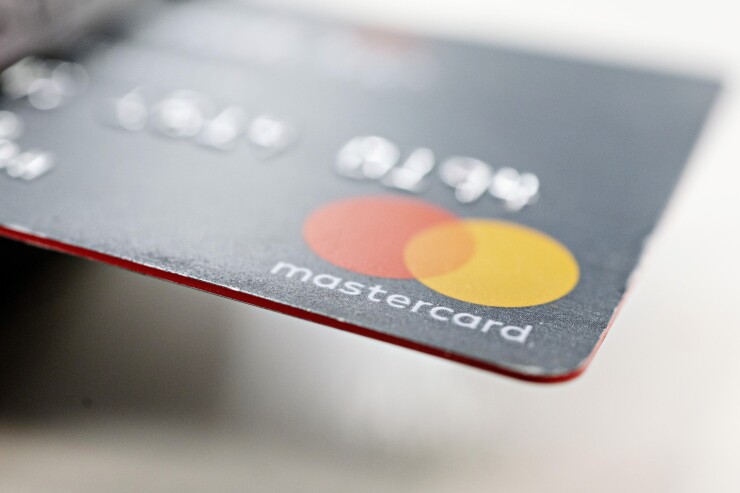Real-time payments carry a trove of valuable data for supply chains, and a way for card networks to grow beyond card-dependent revenue. The collaboration between Payments Canada and Mastercard’s Vocalink will go a long way toward both ends.
Payments Canada, Canada's clearing system, will use Mastercard’s Vocalink to support clearing and settlement for the Real-Time Rail (RTR), following a procurement process that includes the Bank of Canada and the Department of Finance. RTR will allow Canadians to send and receive funds in seconds at all times.
“If you’re talking about a point of sale transaction, speed is certainly critical. But if you are looking at small business, speed is about the data that moves along with the payment,” said Andrew McFarlane, executive director of modernization for Payments Canada, which is powering a modernization of the country’s payment system with upgrades for expedited processing, digital transactions, security and tools to promote omnichannel transactions.
Real-time payments will boost liquidity — an important factor for businesses and consumers during the economic crisis. But it will also move information, data and messaging quickly, providing context to the transactions and improving visibility.

“People think about the speed, but there are other attributes that are more important,” said Ramesh Jayakrishnan, vice president of new payments platform for Mastercard Canada, adding that suppliers can avoid cash flow issues by having a view of payment flows in real time.
For Mastercard, the Vocalink/Canada contract is another win in a strategy to focus on ancillary services or
“The reality is a huge segment of payments are happening outside of the card rails,” Jayakrishnan said. “We are diversifying those rails, trying to leverage our platform to be a one-stop shop.”
Real-time settlement is an important part of e-commerce maturation, as well as moves to mobile payments and online transactions. As these digital options grow, the ability to transfer funds quickly in a manner similar to traditional cash becomes more important.
Canada’s RTR is expected to launch in 2022, which would be ahead of the U.S. Federal Reserve’s FedNow rail but behind other countries such as the U.K. and Australia. The U.S. also has a real-time rail run through
To make real-time payments happen faster,
Earlier in 2020, Payments Canada issued what it calls Rule E5, streamlining debit processing in a way that makes it easier to pay for parking meters, transit, vending machines and onboard purchases on airlines and trains. Rule E5 fills one gap by enabling faster transactions in venues that may not have immediate internet connectivity through delayed authorization. Canadian banks such as
Based in Ottawa, Payments Canada has more than 100 members in financial services and related industries and clears about $218 billion in payments each day. The organization is upgrading the national payment rails to support mobile apps and e-commerce, and real-time processing is part of that effort.
Vocalink, which Mastercard acquired in 2017, has supported real-time payments projects in the
“We have been able to fill a lot of the gaps over the past few months,” McFarlane said.





